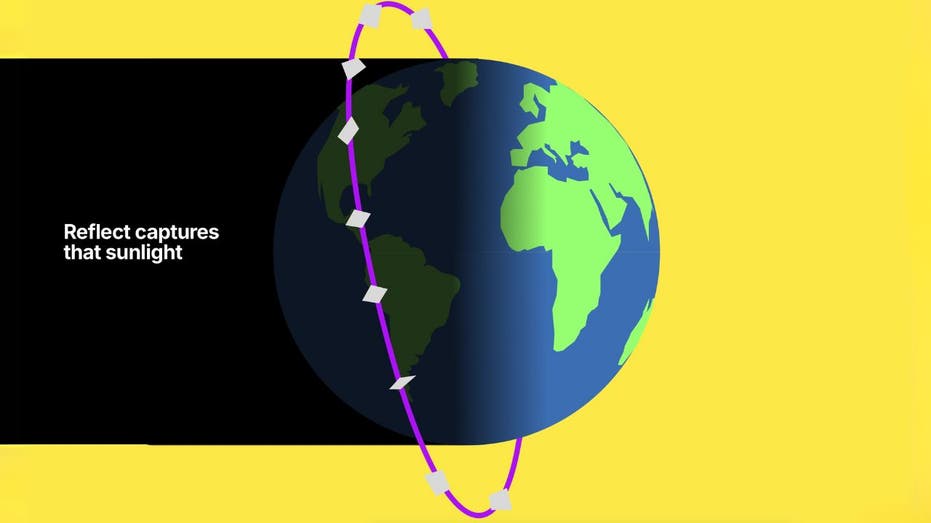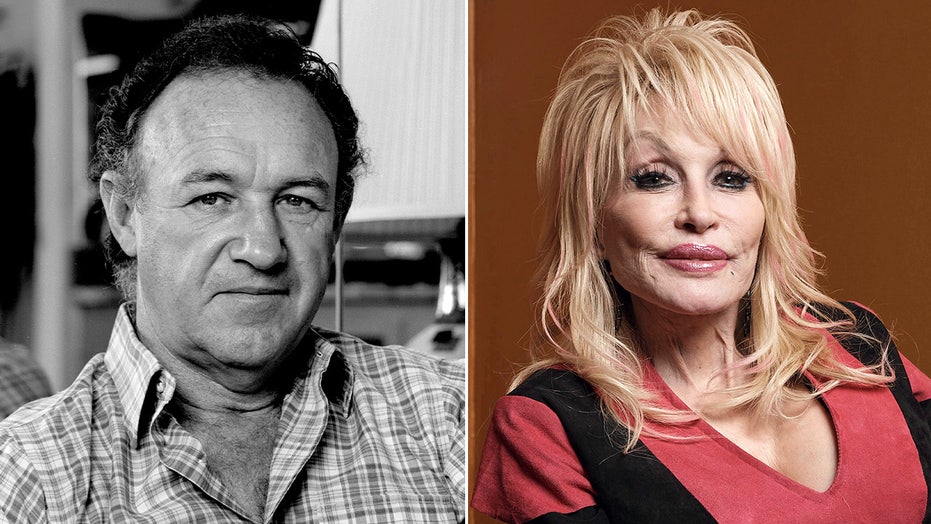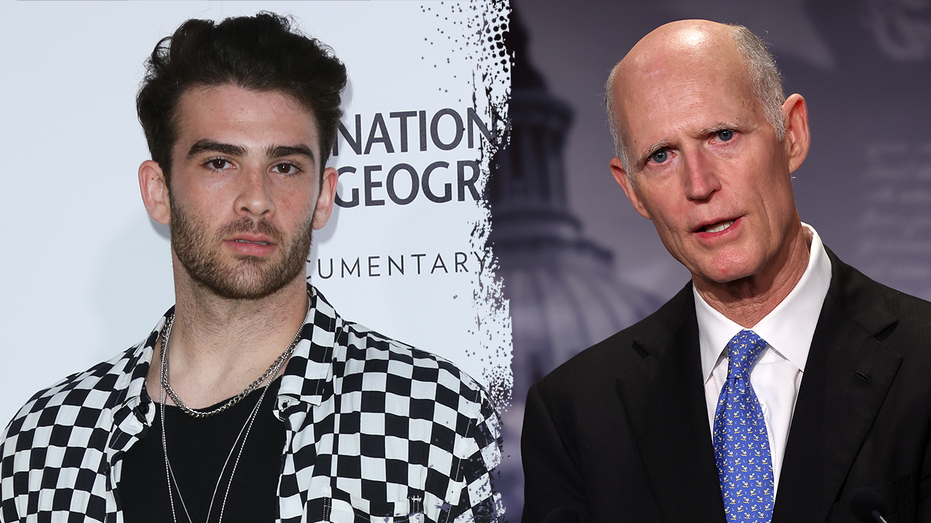- by foxnews
- 05 Mar 2025
Three in four girls have been sent sexual images via apps, report finds
Three in four girls have been sent sexual images via apps, report finds
- by theguardian
- 07 Dec 2021
- in technology

Schools and parents should do more to support students who are being sexually harassed through platforms such as Snapchat and Instagram, while the tech companies need to clamp down on non-consensual sexual images being sent to young people, according to new research released on Monday.
The study by academics at University College London and the University of Kent found that just over 50% of teenagers who had been sent unsolicited sexually explicit images via social media apps say they have not reported the offences to either their parents, authorities or the companies involved.
The study surveyed 480 young people aged 12 to 18 from across the UK, including 144 who participated in focus groups. Over half of those who had received unwanted sexual content or had their image shared without their consent reported doing nothing. Just 25% told a friend, but only 5% told their parents and 2% told their schools.
Of the 88 girls who took part in the focus groups, three-quarters said they had received images of male genitals. They said that close to half of the harassment had come from what appeared to be adult men, including adults who had created false identities. They also received online harassment and abuse from boys in their age range and peer groups.
- by foxnews
- descember 09, 2016
Popular travel destination breaks annual tourism record, sets new goal of 60M visitors
After breaking an annual tourism record in 2024, Japan looks to reach 60 million visitors by 2030. Officials tell Fox News Digital how Japan plans to attract visitors.
read more





